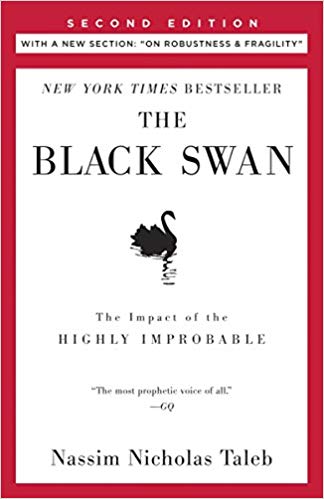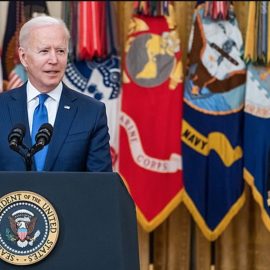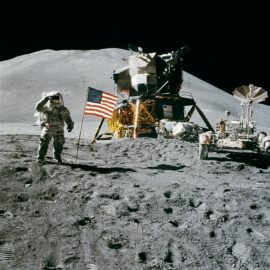

This article is an excerpt from the Shortform summary of "The Black Swan" by Nassim Taleb. Shortform has the world's best summaries of books you should be reading.
Like this article? Sign up for a free trial here .
What is confirmation bias? What is the confirmation bias definition, and what are some clear confirmation bias examples?
Confirmation bias is the tendency to only see the evidence that confirms the beliefs you already hold. We select evidence on the basis of preconceived frameworks, biases, or hypotheses.
We’ll cover how confirmation bias occurs and why it means that “experts” often aren’t experts at all.
What Is Confirmation Bias Theory?
All too often we draw universal conclusions from a particular set of facts. For example, if we were presented with evidence that showed a turkey had been fed and housed for 1,000 straight days, we would likely predict the same for day 1,001 and for day 1,100.
Taleb calls this prediction the “round-trip fallacy.” When we commit the round-trip fallacy, we assume that “no evidence of x”—where x is any event or phenomenon—is the same as “evidence of no x.”
For example, in the turkey illustration, we might assume that “no evidence of the possibility of slaughter” equals “evidence of the impossibility of slaughter.” To take a medical example, if a cancer screening comes back negative, there is “no evidence of cancer,” not “evidence of no cancer” (because the scan isn’t perfect and could have missed something).
What is confirmation bias? In addition to drawing broad conclusions from narrow observations, we also have a tendency to select evidence on the basis of preconceived frameworks, biases, or hypotheses. This is a confirmation bias definition. For example, a scientist conducting an experiment may, often unconsciously, discount evidence that disconfirms her hypothesis in favor of the evidence that confirms it. Taleb calls this habit “naive empiricism,” but it’s more commonly known as “confirmation bias.”
Taleb’s solution to naive empiricism/confirmation bias is negative empiricism—the rigorous search for disconfirming, rather than corroborating, evidence. This technique was pioneered by a philosopher of science named Karl Popper, who called it “falsification.” The reason negative empiricism/falsification is so effective is that we can be far more sure of wrong answers than right ones.
“Experts” and Confirmation Bias Examples
What is confirmation bias, and what does it have to do with experts? Taleb has very little patience for “experts”—academics, thought leaders, corporate executives, politicians, and the like. Throughout the book, Taleb illustrates how and why “experts” are almost always wrong and have little more ability to predict the future than the average person.
There are two reasons “experts” make bad predictions, and they’re both related to confirmation bias:
Example 1) Human Nature
Because of various habits innate to our species—our penchant for telling stories, our belief in cause and effect, our tendency to “cluster” around specific ideas (confirmation bias) and “tunnel” into specific disciplines or methods (specialization)—we tend to miss or minimize randomness’s effect on our lives. Experts are no less guilty of this blindspot than your average person.
Example 2) Flawed Methods
Because experts both (1) “tunnel” into the norms of their particular discipline and (2) base their predictive models exclusively on past events (a confirmation bias example), their predictions are inevitably susceptible to the extremely random and unforeseen.
Consider, for example, a financial analyst predicting the price of a barrel of oil in ten years. This analyst may build a model using the gold standards of her field: past and current oil prices, car manufacturers’ projections, projected oil-field yields, and a host of other factors, computed using the techniques of regression analysis. The problem is that this model is innately narrow. It can’t account for the truly random—a natural disaster that disrupts a key producer, or a war that increases demand exponentially. This is a version of confirmation bias.
Taleb draws a key distinction between experts in Extremistan disciplines (economics, finance, politics, history) and Mediocristan disciplines (medicine, physical sciences). Experts like biologists and astrophysicists are able to predict events with fair accuracy; experts like economists and financial planners are not.
———End of Preview———

Like what you just read? Read the rest of the world's best summary of "Black Swan" at Shortform . Learn the book's critical concepts in 20 minutes or less .
Here's what you'll find in our full Black Swan summary :
- Why world-changing events are unpredictable, and how to deal with them
- Why you can't trust experts, especially the confident ones
- The best investment strategy to take advantage of black swants






